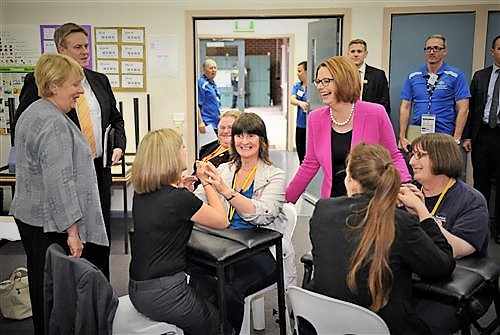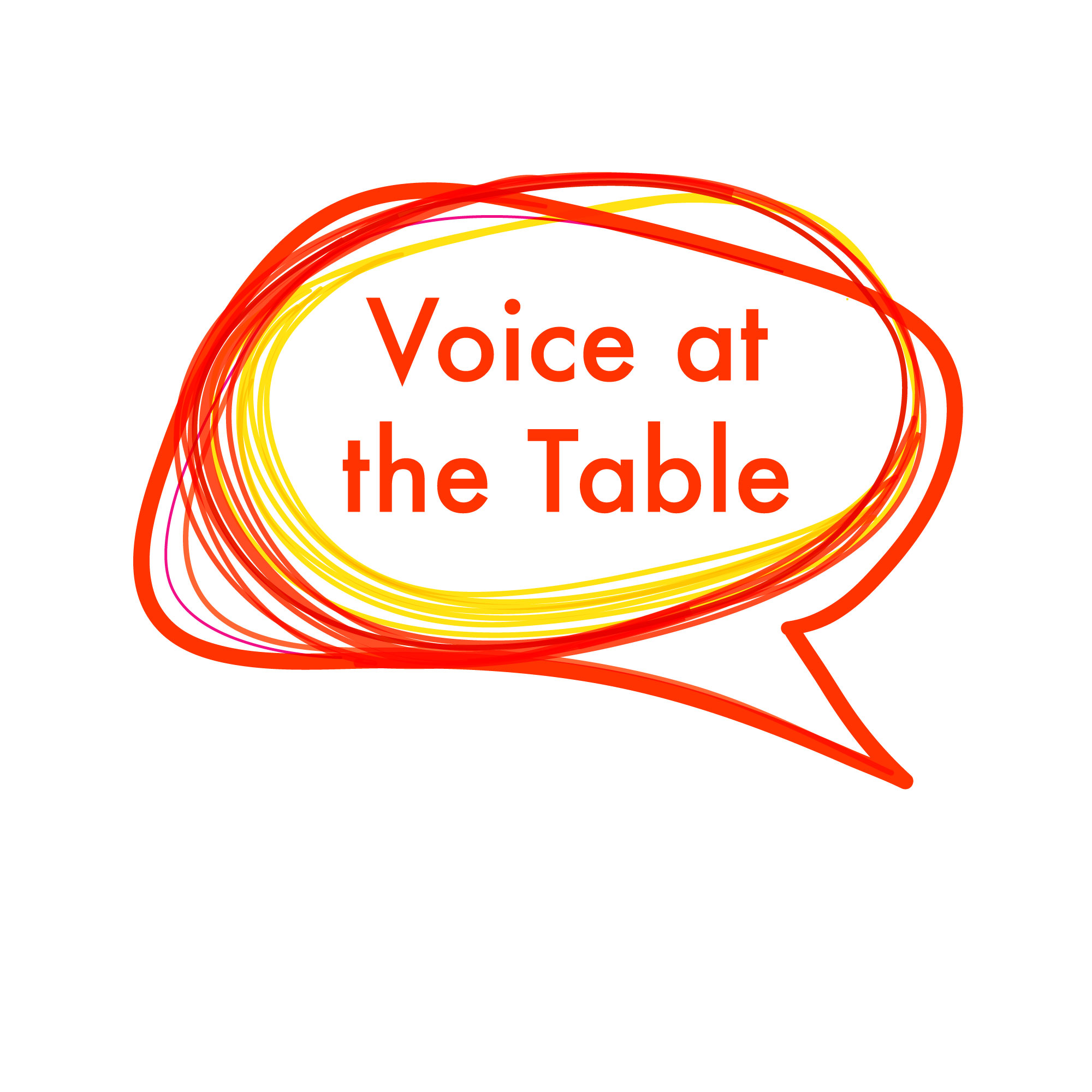
Self advocacy groups can help to inform governments and disability policy by providing:
- A voice from people with disabilities about the barriers they face
- Input into planning, legislation, policy making and disability action plans
- Advice on improving service provision
- Membership of people with disabilities on boards and advisory panels
- Advice on how to to ensure full community inclusion
- Partnership to raise awareness of disability and inclusion in a range of sectors
- Promotion of the right to full citizenship
People with acquired brain injury, intellectual disability or high communication support needs are most at risk of not being heard.
Self advocates have a lot of experience and knowledge to offer, and a right to make their voices heard on all the decisions that affect their lives. This includes the lives of our friends, family members and peers who have disabilities.
Group self advocacy is acknowledged for its power to centre the collective voice of people with disabilities in changing the things that matter to them and enabling them to exercise choice and control over the directions of their lives. The sense of solidarity and mutual support derived from a shared life experience, and a common understanding of barriers and opportunities is a vital source of empowerment and citizenship.
Looking to embed inclusion in policy and practice?

Capacity building & training available at Voice at the Table